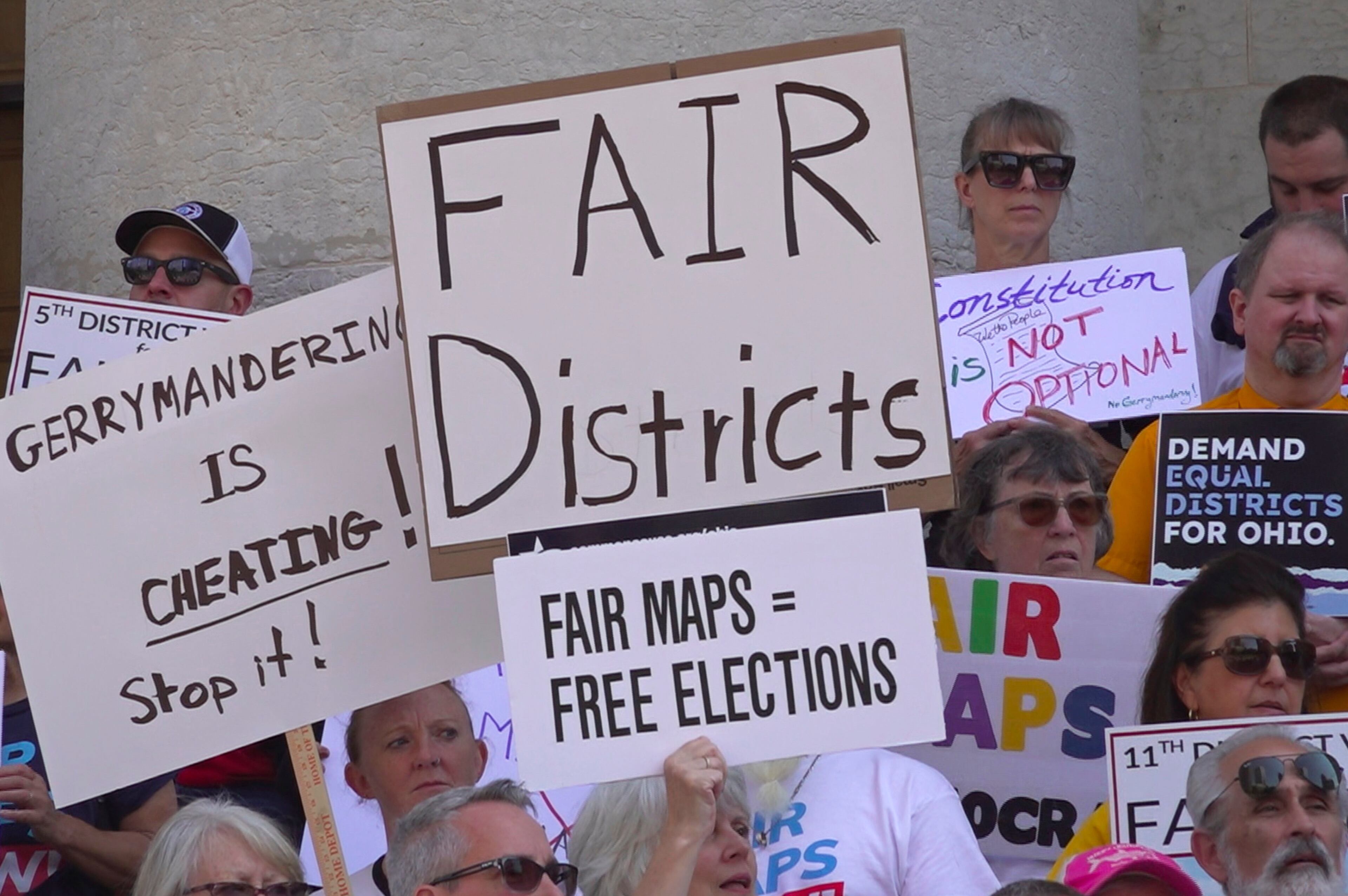Residents will have new path to exit cities

In the wake of new cities popping up across metro Atlanta over the last decade, residents who wish to be removed from the city in which they live will have a new option.
Lawmakers on Wednesday passed House Bill 374, brought by Rep. Brad Thomas, to give those who live on the outskirts of a city a route to leave it if they are unhappy with the services provided, or wish to be unincorporated. It gives residents the ability to petition the county to be de-annexed from the city limits and become unincorporated. The petition must have 100% approval from the property owners included in the proposed de-annexation and is limited to up to 10 parcels of land per petition.
For some residents in the new city of Mableton, this bill gives them another way to de-annex from the city at the local level after state lawmakers failed to bring forward a bill to do so in time to pass this session.
Christie Lynn, who spearheaded the de-annexation efforts in Mableton, said the measure is “a step in the right direction,” but it will still be a challenging process.
After residents voted to incorporate the new city in the November election, one group in the northern part of the city began advocating to be removed from the city completely, citing concerns over how the cityhood effort was managed and a desire to remain unincorporated.
“Ten parcels at a time is a big challenge,” Lynn said. “And we have to get 100% of the people to agree. It’ll take some organization and time.”
If the county approves, the city government will be required to allow it unless it can show a danger to the health, welfare or safety of residents.
“De-annexation can have a pretty significant negative impact on people staying in the city, too,” said Rusi Patel, legal counsel for the association.
Currently, cities have veto power to deny a de-annexation request. This bill takes the veto power away, making it easier for residents to get out of a city if they are unhappy with the city services, said Thomas (R-Holly Springs), who has been working on the legislation for years.
Patel had concerns about the initial proposal’s impact on a city’s stability, particularly if cities lose significant chunks of their tax bases which could strain financial planning efforts and threaten their municipal credit rating.
Cities rely on tax revenue from residents and businesses to pay off debt, so removing taxable properties could harm municipal credit ratings across the state. When Eagle’s Landing attempted to leave the city of Stockbridge and form a city of its own, a municipal bond issuer in 2018 sued to block the election. The effort was later defeated by voters.
The final version of HB 374, however, addressed some of those concerns by preventing de-annexations through this new method in cities with outstanding general obligation and revenue bonds, Patel said.
The bill will go into effect July 1 if the governor approves or takes no action.
The legislation is likely to impact cities across the state differently. In Smyrna, a city that has grown rapidly with residents petitioning to come into its boundaries, Mayor Derek Norton said he has no concerns about de-annexations.
“In the city of Smyrna’s case, everybody’s trying to break in; nobody’s trying to break out,” Norton said. “I think people are satisfied and happy with the services we’re providing.”
Thomas echoed that sentiment with his reasoning for bringing the bill forward. Cities whose residents are happy with the services provided should have nothing to fear, Thomas said.
“But if you can’t justify the services that you’re providing, and you’re charging them a tax for it, then that, to me, that’s called accountability,” he said.



